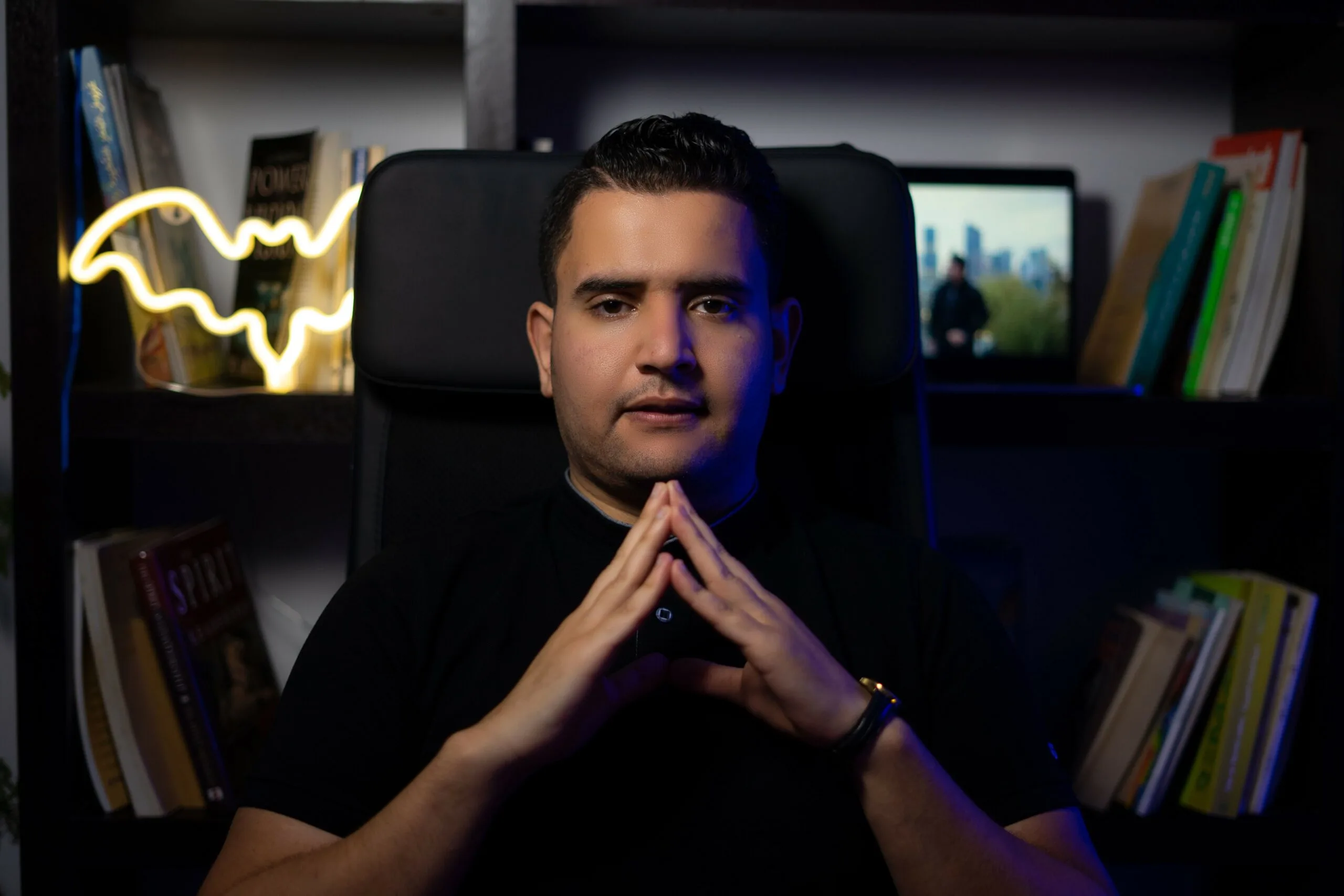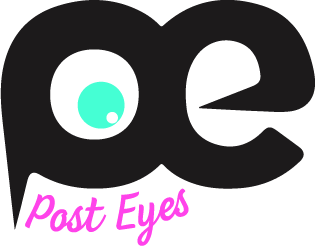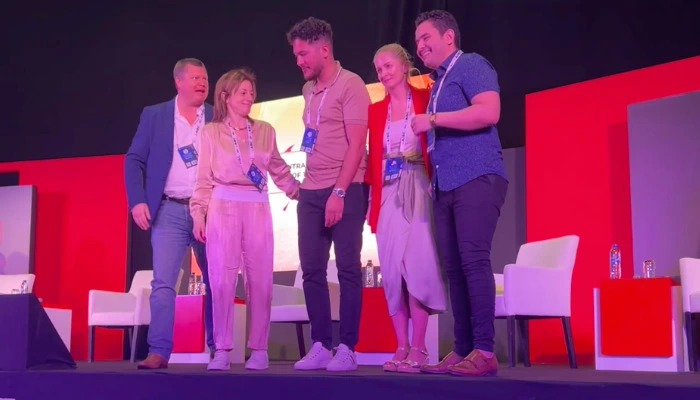According to Noureddine Khiti, he is the pioneer of COD-based e-commerce. His candid observations and revitalization of e-commerce in his own country of Morocco had elevated them to the top of the pyramid among prosperous young Moroccan businesspeople.
By employing his special blend of creativity and audacity, Khiti went “from rags to riches,” or from selling in a destitute region of Casablanca to an international dazzling name in the E-commerce sector. We got the opportunity to interview him in Dubai during the SIGMA World Asian trip.

You indicated in your speech that the GCC is a market that is quickly expanding; does this imply that it is superior to the EGG and the EU?
I sincerely believe that because we are all made of people and have common wants, there is no market that is superior to the others. There is a market wherever there is a crowd. In my opinion, the European market is more scalable and provides the appropriate instruments to reach break-even with the audience; you might even say that it is ideally constructed. However, the GCC market has one key advantage, which is commercial operating fluidity.
Do you anticipate Noureddine Khiti engaging in business in the GCC market at some point?
We just finished establishing our large warehouses in Torino and Lisbon, so for the time being, I’m not sure. However, I firmly believe that it is a market that can be avoided, and perhaps we might begin operating warehouses in the GCC when we finish establishing Bangalore, India.

Recently, there has been much discussion regarding leaving out Codshopy’s membership plan. Is that accurate?
Yes, Codshopy is regarded as a premier Cash on Delivery E-commerce platform, both in Morocco and in Europe, as it was the first platform to globally enable the creation of Cash on Delivery-only storefronts. I know it’s risky for my business model because we are losing more than 800 active monthly subscribers, but for me, Codshopy is something I take a lot of care of, and I’m not sure we will regret that, especially since our plans are to make it a public platform worldwide by 2024. The idea to free it from monthly packages is to fetch it out from its exclusivity and make it public.





